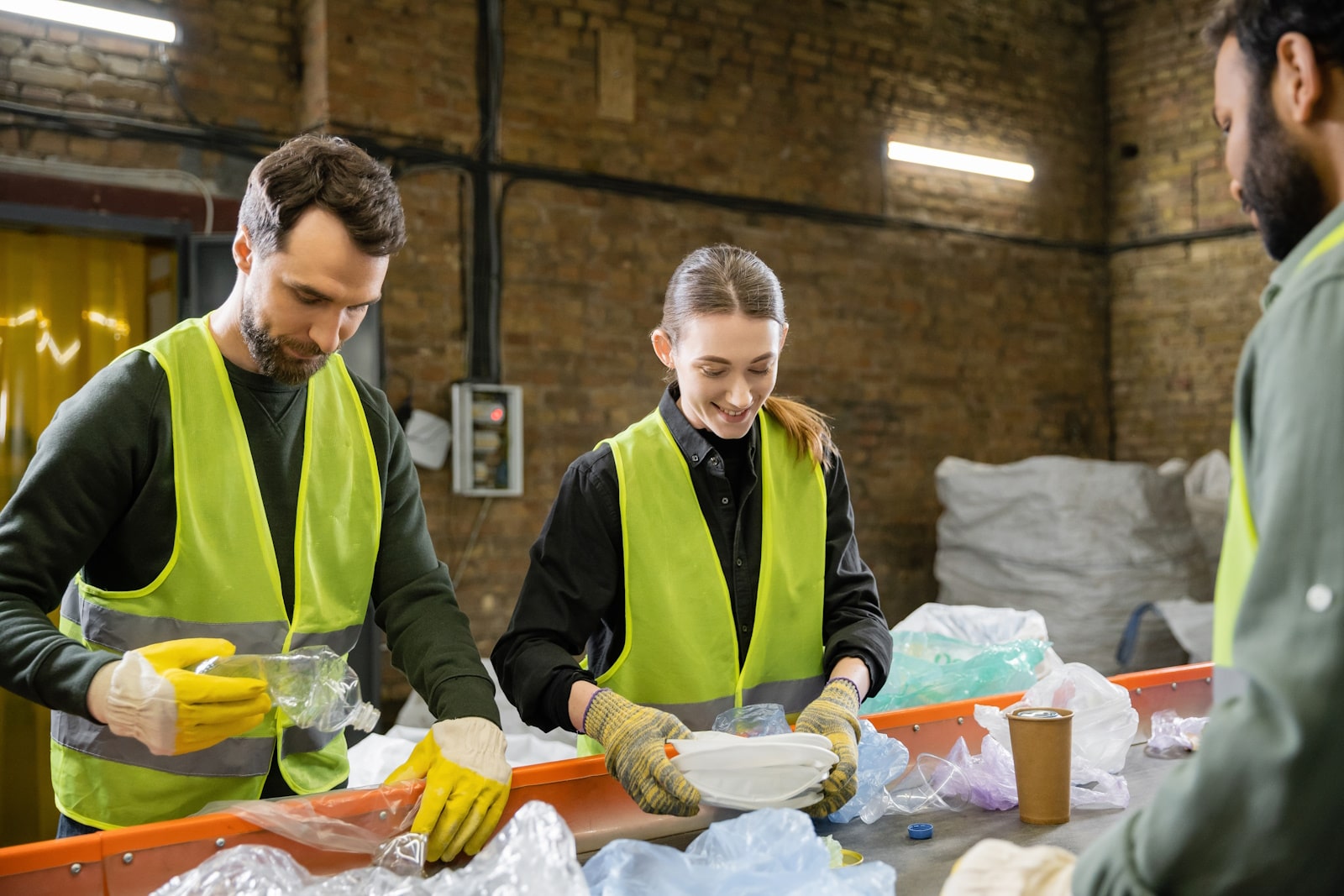Medical Waste Company: NEMWA and HCRW
In South Africa, the safe and compliant disposal of healthcare risk waste (HCRW) is governed by a robust legal framework designed to protect public health and the environment. Central to this framework are the National Environmental Management: Waste Act (NEMWA) and the Health Care Risk Waste (HCRW) Management Regulations. For any medical waste company operating within the country, understanding and adhering to these regulations is not just a legal obligation but a commitment to environmental stewardship and public safety.
Understanding NEMWA: The Backbone of Waste Management
Enacted in 2008, NEMWA serves as the cornerstone of South Africa’s waste management legislation. Its primary objective is to reform waste management laws to protect health and the environment by providing reasonable measures for pollution prevention and sustainable development. NEMWA establishes national norms and standards for waste management across all government spheres, including provisions for licensing, compliance, and enforcement. For medical waste companies, NEMWA outlines the legal requirements for waste handling, treatment, and disposal, ensuring that operations align with national environmental objectives.
Defining and Classifying Medical Waste Under NEMWA
Under NEMWA, medical waste is categorised as healthcare risk waste (HCRW), encompassing waste capable of causing disease or injury. This includes sharps, infectious materials, pathological waste, pharmaceutical waste, and chemical waste. Accurate classification is crucial, as it determines the appropriate handling, treatment, and disposal methods. Misclassification can lead to inadequate treatment, posing risks to public health and the environment. Medical waste companies must ensure rigorous waste segregation and classification protocols to maintain compliance and safety.
Integrating HCRW Guidelines into the Legal Framework
The HCRW Management Regulations complement NEMWA by providing detailed requirements for the handling, storage, transportation, treatment, and disposal of medical waste. These regulations specify the responsibilities of waste generators and handlers, ensuring that medical waste companies implement comprehensive waste management plans. Provincial regulations, such as those in the Western Cape and Gauteng, further refine these requirements, addressing regional specifics and reinforcing the national standards.
Licensing Requirements for Medical Waste Companies
Operating as a medical waste company in South Africa necessitates obtaining a Waste Management Licence (WML) under NEMWA. This licence authorises the collection, transportation, treatment, or disposal of HCRW. The application process involves submitting detailed documentation, including environmental impact assessments, and may take between 8 to 14 months for approval. Non-compliance or operating without a valid WML can result in severe penalties, including fines up to R10 million or imprisonment for up to 10 years.
Treatment and Disposal Standards Under HCRW Guidelines
Medical waste companies must adhere to specific treatment and disposal standards outlined in the HCRW Guidelines. Permitted treatment methods include:
- Incineration: High-temperature combustion used for certain hazardous medical wastes.
- Autoclaving: Steam sterilisation at 121°C for about 30 minutes, suitable for microbiological and biotechnological waste.
Facilities must ensure that these treatment methods meet technical specifications and environmental standards. For instance, incineration processes should include flue gas scrubbing systems to remove harmful pollutants before atmospheric discharge. Autoclaving should be followed by shredding to render waste unrecognisable, as mandated by local legislation.
Staying Ahead of Regulatory Changes
The regulatory landscape for medical waste management is dynamic, necessitating proactive strategies for compliance. Medical waste companies can stay ahead by:
- Conducting Regular Audits: Internal and external audits help assess compliance with current regulations and identify areas for improvement.
- Reviewing Policies: Staying informed about legislative updates and adjusting company policies accordingly ensures ongoing compliance.
- Engaging Environmental Consultants: Collaborating with experts aids in navigating complex regulatory requirements and implementing best practices.
Implementing these strategies fosters a culture of continuous improvement and regulatory adherence within medical waste companies.
The Role of A-Thermal in Medical Waste Management
At A-Thermal, we pride ourselves on being an environmentally responsible medical waste company offering comprehensive treatment and disposal services to the healthcare industry. Our facilities utilise both burn and non-burn technologies to safely and efficiently manage various types of medical waste.
- Burn Technology: Our high-temperature incineration process operates at 850°C, fully oxidising waste into inert ash. A sophisticated scrubbing system cleans the flue gas before atmospheric discharge, ensuring compliance with environmental standards.
- Non-Burn Technology: In partnership with Cecor Allied Technologies, we offer autoclaving as an environmentally friendly alternative for treating medical waste, excluding anatomical waste. This method involves high-pressure steam injection to sterilise waste, followed by shredding to ensure it is unrecognisable.
Our commitment to regulatory compliance and environmental stewardship makes us a trusted partner for healthcare facilities seeking reliable medical waste management solutions.
Conclusion
Navigating the complexities of medical waste disposal in South Africa requires a thorough understanding of NEMWA and HCRW regulations. Medical waste companies must prioritise accurate waste classification, obtain necessary licences, adhere to prescribed treatment methods, and stay abreast of regulatory changes. By doing so, they not only ensure legal compliance but also contribute to public health and environmental protection.
At A-Thermal, we are dedicated to providing safe, efficient, and compliant medical waste management services. Contact us today to learn how we can assist your facility in meeting its waste disposal needs.







